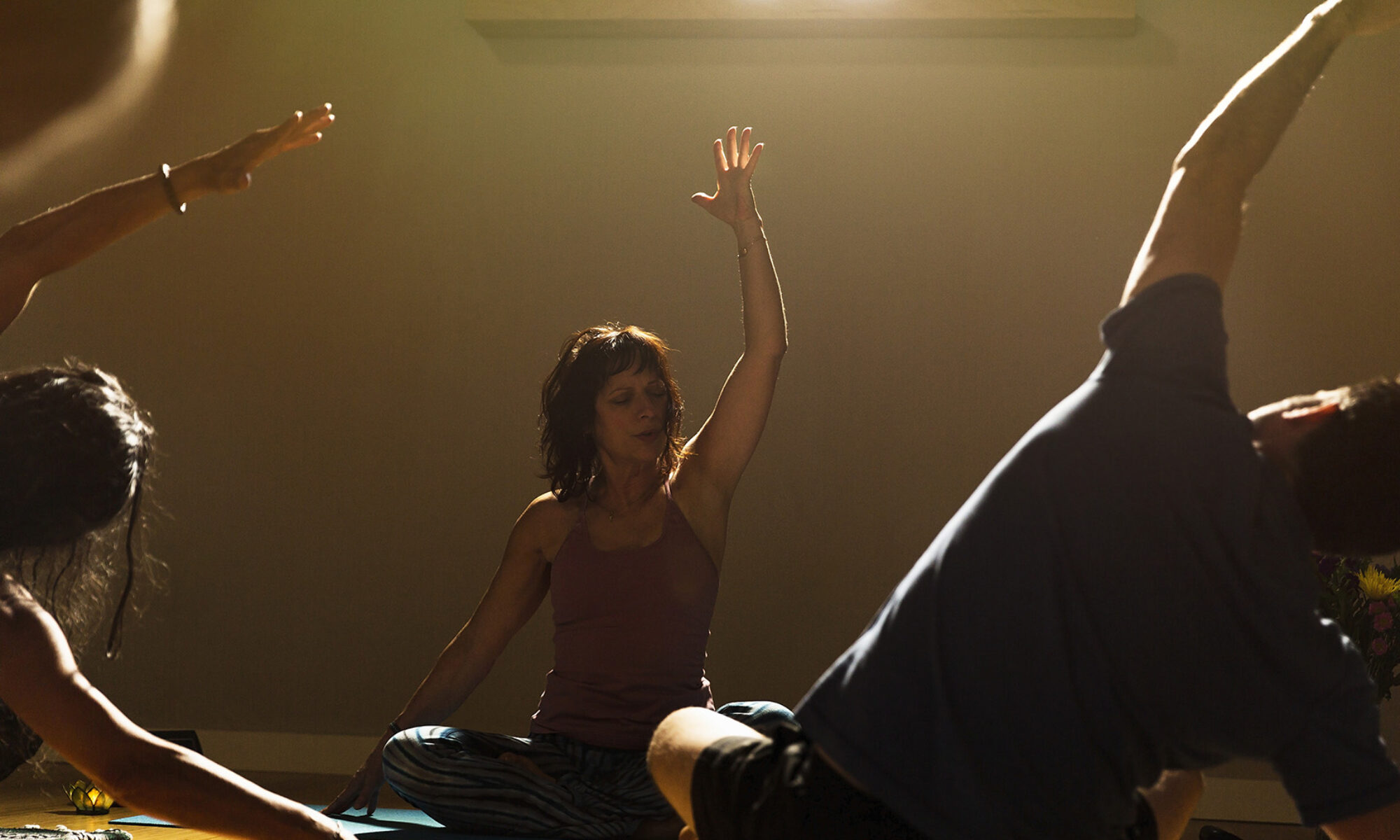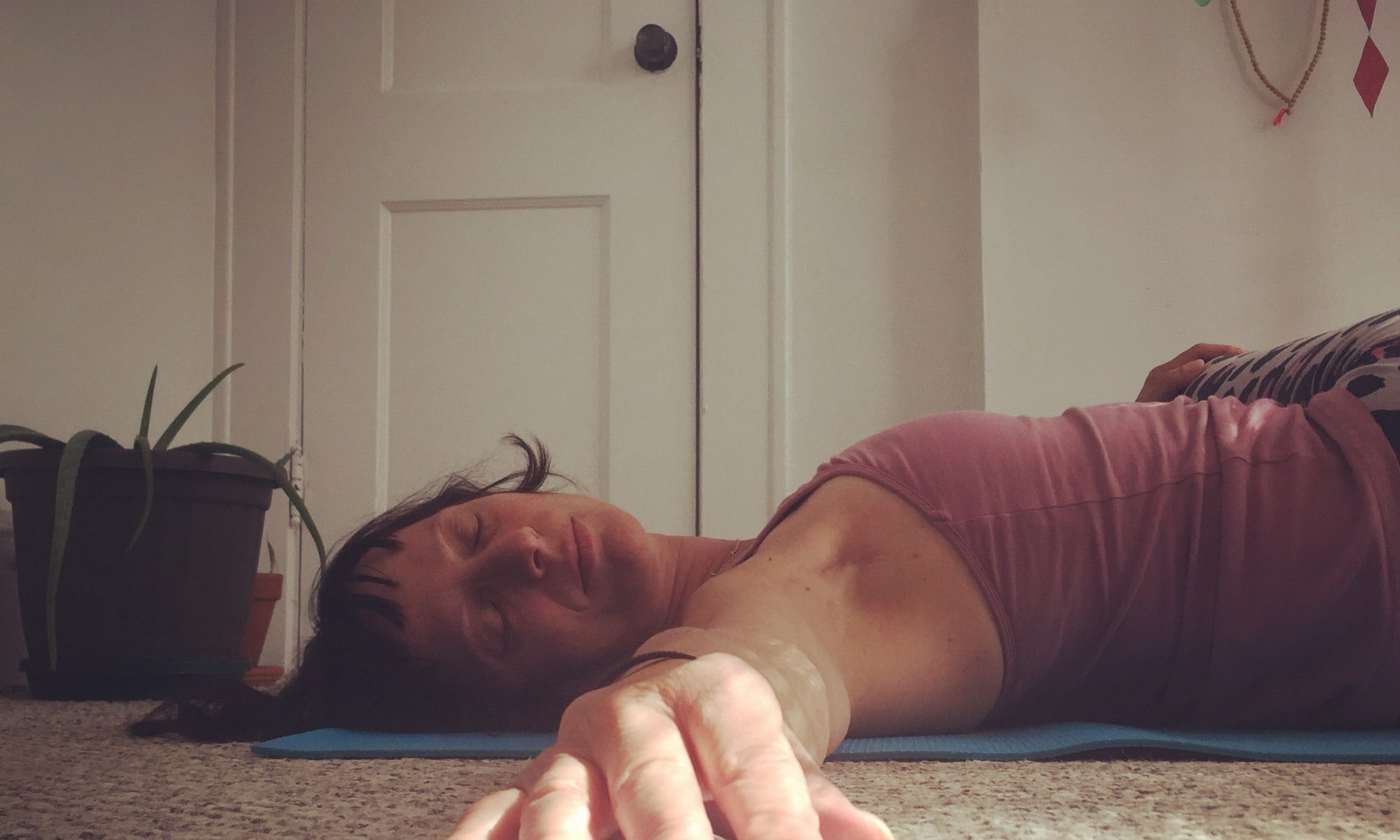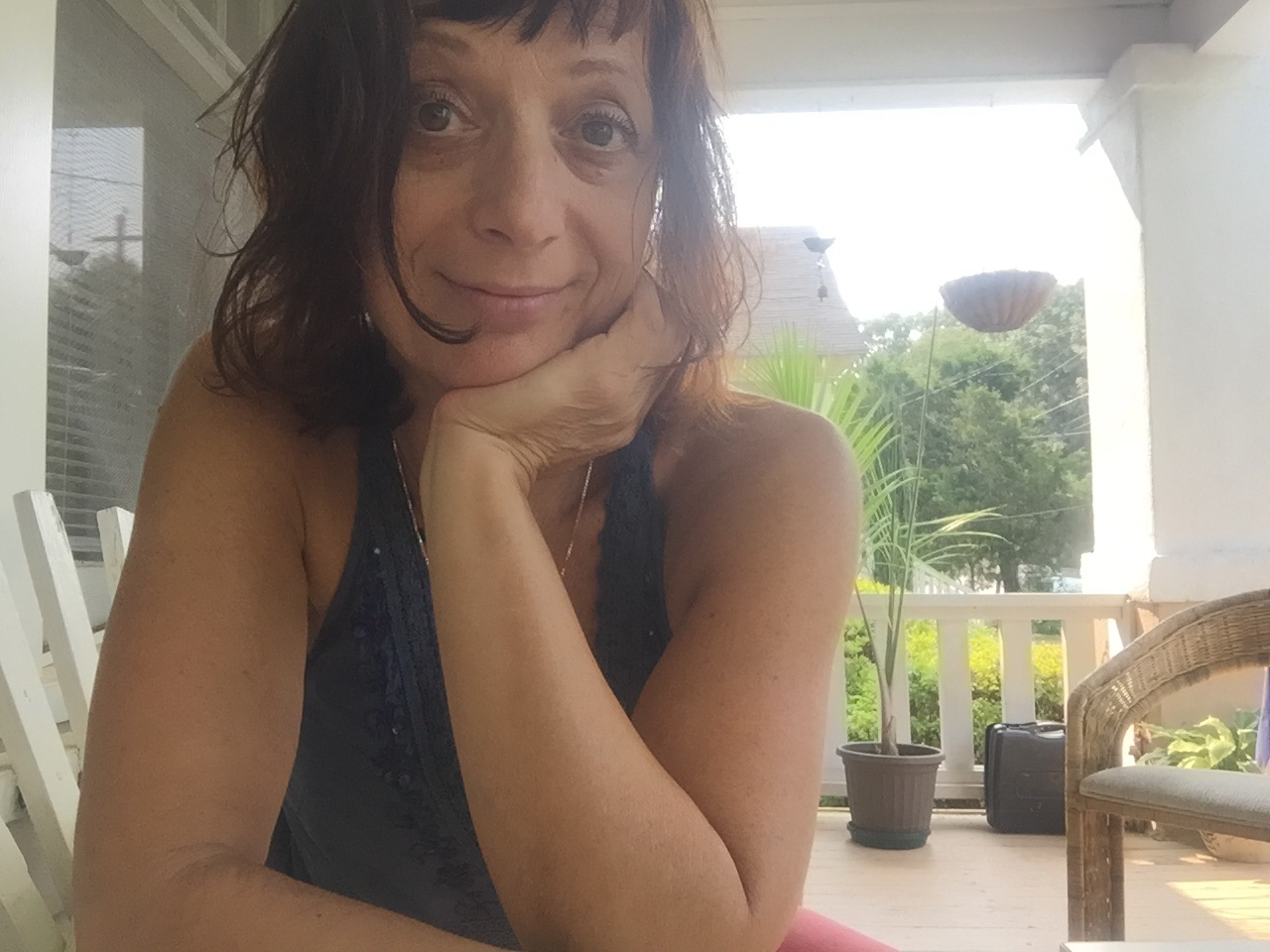Feeling “good enough” is vital. At least for me. Why? Because over doing or always putting the needs of others before my own has come with a high price.
Piedmont Hospital’s Chapman Cancer Wellness Center provides free wellness and personal development programs for cancer patients and survivors. Last week, the center offered a workshop that spoke to me, “Good Enough: Letting Go of Perfectionism and People-Pleasing”, so I went. It made me reflect on my own—sometimes painful—journey towards feeling “good enough”.
Twelve years ago, I moved from Paris to Atlanta. I was coming out of breast cancer, and I believed that my (new) marriage and a complete change of scenery would make me happier and prevent me from getting sick again.
I was wrong.
In 2014, I got sick with a second bout of cancer.
The ordeal forced me to face something that became clear—I had spent most of my life pleasing others and helping them fulfill their dreams. I was convinced I had to do a lot to be loved, and I was constantly looking for the love and approval of others.
It was time to change, and to start seeing and acknowledging who I was.
Two years later, I did a big step towards feeling “good enough”. I let go of a 25+ year corporate career that was draining me, and I allowed myself to do something I loved—teach yoga therapy.
The workshop at the cancer wellness center, last week, was a new opportunity to check in with myself. What are the areas in my life where I may not feel good enough? How come this is happening? Feeling good enough is my life’s project.
What about you? Do you tend to overdo yourself and please others? If yes, what has motivated you to do that in your life? And what is the cost you are paying to overdo and please others? These are important questions as they may lead you to better physical and emotional well being.


